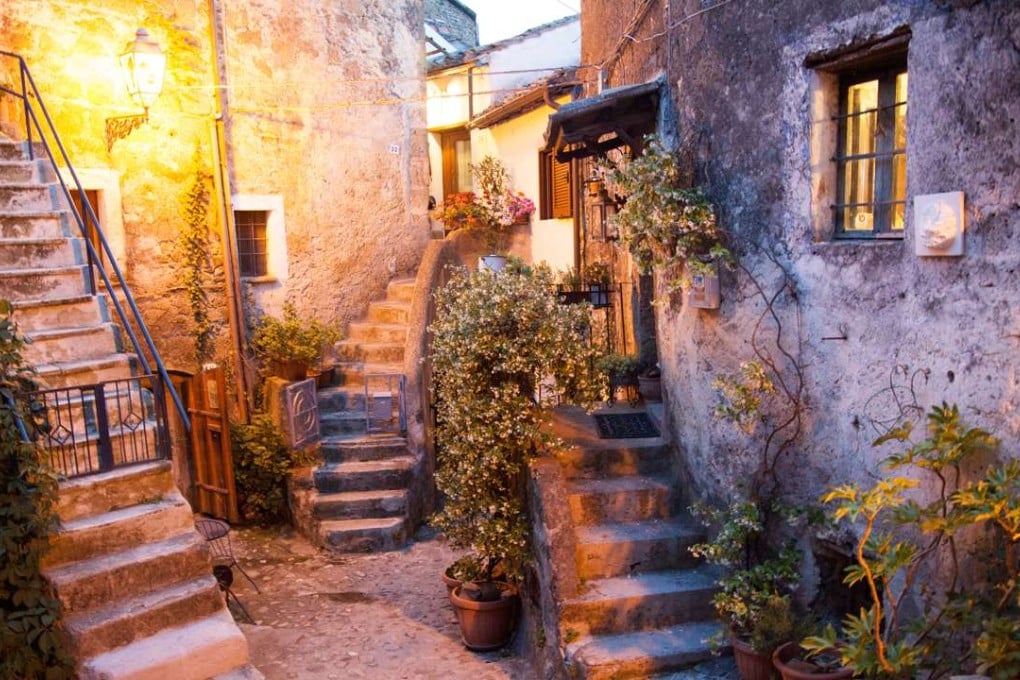Calcata, Italian town that lost Jesus’ foreskin
Perched on a volcanic stump, the medieval village resembles the film set for a disturbing fairy tale, with all the eccentric characters already in residence

Imagine all the casinos of Vegas suddenly bolted shut. How would Siem Reap fare if Angkor Wat were not just down the road, and what would become of Niagara Falls (the city) without Niagara Falls (the falls)? Imagine, then, Calcata’s dilemma when the parish priest, one day in 1983, announced that the foreskin of Jesus Christ, which he had kept in a shoebox at the back of his wardrobe, had “vanished”.
The Santissimo Prepuzio, the “blessed foreskin”, had drawn pilgrims to the ancient Italian village for centuries, and the fate of the holy relic remains a mystery. Calcata, however, shrugged off the loss of the weirdest visitor attraction in the world. By the early 1980s, the picturesque hamlet, located just 50km north of Rome, was well on its way to reinvention anyway.

Calcata, historically, had been a spiritual stopover for the devout, but the hilltop community had – before misplacing its miraculous membrane – begun to embrace all things new age, welcoming bohemians, hippies, artists and kooks. Outsiders were now calling Calcata the paese di fricchettoni, or the “village of freaks”.
The drive from Rome today is uneventful until rounding a green-canopied bend to witness a scene straight out of Game of Thrones. Perched on a sheer-sided stump of volcanic rock that rises 40 metres from a forested river valley below, Calcata’s tightly packed disarray of medieval houses and cave dwellings appears to have burst from the land itself.
